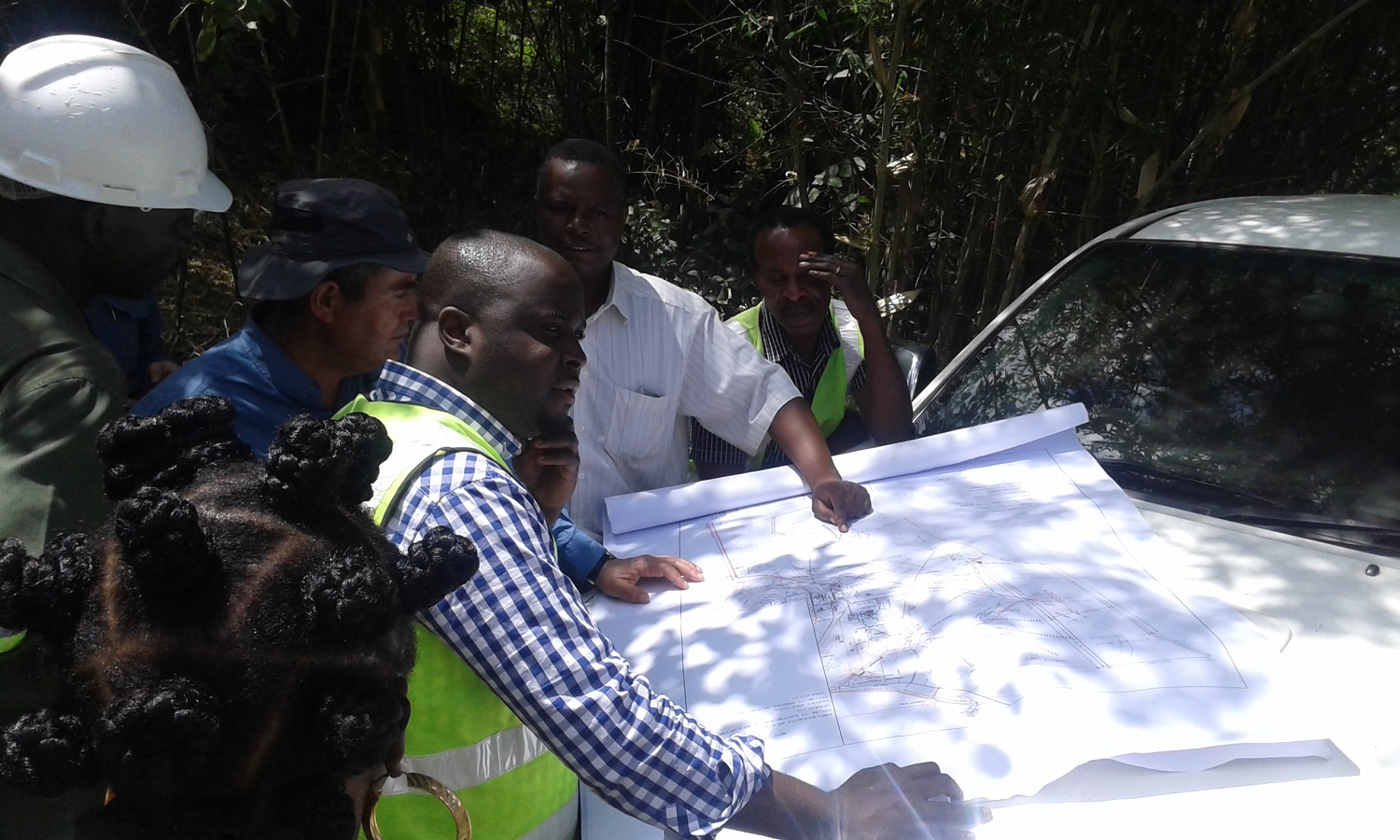ImpactAgri remediates post-mine environments in Africa
Post-mine environments face numerous challenges: Contamination, erosion and loss of employment are just some of them.
ImpactAgri’s solution
Contamination and erosion are common side-effects of mining activity resulting in large tailing sites. Through eco-system rehabilitation and careful choices of nitrogen-fixing plants, agriculture can start to convert these areas into productive assets whilst creating jobs, improving environmental conditions and restoring soil carbon stocks.
We expertly design agribusiness designed to help remediate mining sites. It’s a work of passion and a solid business as well.
Prioritising local economic development
Through a combination of agriculture and land-regeneration we can design operations with a mix of both high value and annual crops creating 1000’s of jobs through a socially-inclusive hub and spoke structure with small-scale farmers.
Prioritising land regeneration
Through installing a thriving ecosystem, stabilising soils, improving nitrogen levels, sequestering carbon stocks and removing heavy metals we create a healthy ecosystem for agricultural crops.
Prioritising renewable energy production
Through reforestation and land rehabilitation – ImpactAgri and BetterWorld Energy have pioneered a unique solution involving Pongamia – a drought tolerant biofuel crop, that can transform contaminated mine sites into productive assets, whilst creating significant employment and economic diversification opportunities.
Agriculture as a catalyst to restore environmental & socio-economic balance
The environmental impacts of mining are well documented, and range from loss of biodiversity, deforestation, to serious contamination of soil and water, which in turn impacts on the health of local populations. Mining companies are some of the biggest landowners in Africa, and as such have a unique opportunity to develop real agricultural strategies for post mine situations, except that this is not their core business. The skills needed to manage serious mineral extraction are not necessarily well matched to the parallel activities demanded of mining companies in carrying out their environmental and social obligations. Agriculture can act as the catalyst to restore both the environmental and socio-economic balance of a community dependant on mining, but also act as a bridge to enhance relations with local government.



